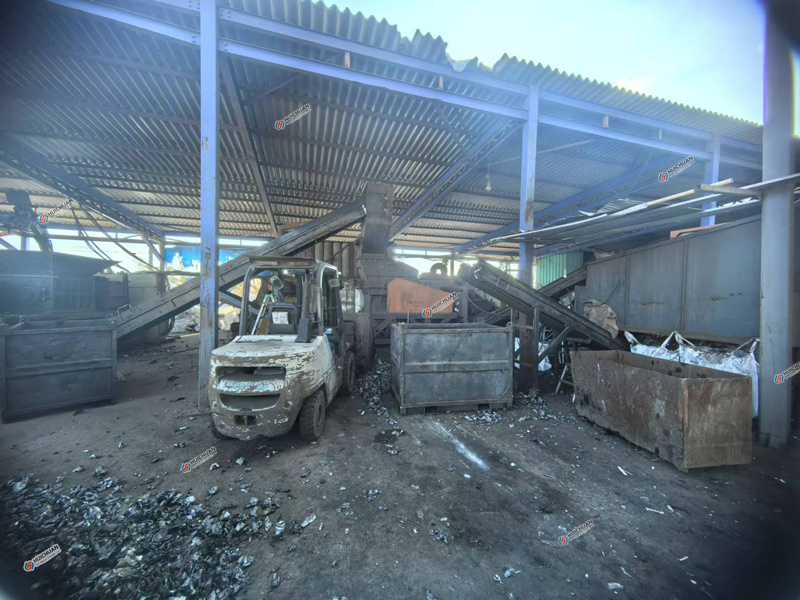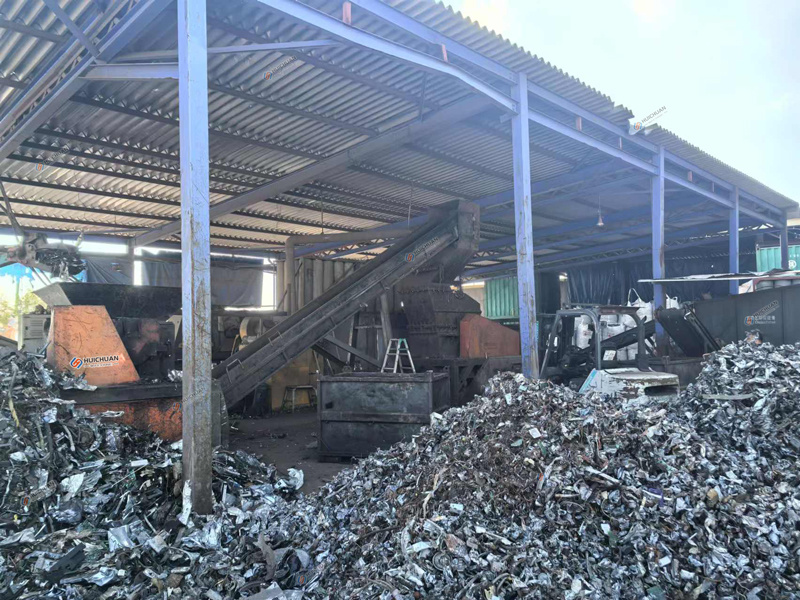Metal Recycling Production Line in Japan
2024-12-03
Metal Recycling Production Line in Japan
Metal Recycling Production Line in Japan




Japan is known for its advanced technology and efficient recycling systems. One of the key sectors in the recycling industry in Japan is metal recycling. With a focus on sustainability and environmental protection, Japan has established a well-organized metal recycling production line that effectively processes and reuses various types of metal waste.
The metal recycling production line in Japan starts with the collection of scrap metal from various sources such as households, businesses, and industries. This scrap metal includes steel, aluminum, copper, and other metals that are no longer needed or are considered waste. The collection process is meticulously managed to ensure that different types of metals are separated and sorted for further processing.
Once the scrap metal is collected, it is transported to recycling facilities where it undergoes a series of processes to be turned into reusable materials. The first step is sorting, where the different types of metals are separated using magnets, sensors, and other sorting techniques. This ensures that each type of metal is processed separately to maintain its quality and purity.
After sorting, the metal is cleaned and processed to remove any contaminants such as paint, plastic, or other materials attached to it. This step is crucial to ensure that the recycled metal meets quality standards and can be used in various industries without any issues.
Once the metal is cleaned and processed, it is melted down in furnaces to be reshaped into new products. The molten metal is then poured into molds to create new metal products such as beams, rods, sheets, and other materials. This process not only reduces the need for raw materials but also helps in conserving energy and reducing carbon emissions associated with metal production.
In addition to recycling scrap metal, Japan also promotes the recycling of end-of-life products such as cars, electronics, and appliances. These products contain valuable metals that can be extracted and reused in the production of new products. The recycling of end-of-life products not only conserves resources but also reduces the amount of waste that ends up in landfills, contributing to a more sustainable environment.
The metal recycling production line in Japan is supported by strict regulations and policies that promote recycling and waste reduction. The government provides incentives and subsidies to businesses and industries that actively participate in recycling programs and adhere to environmental standards. This encourages companies to invest in recycling technologies and infrastructure, making the metal recycling industry in Japan one of the most efficient and sustainable in the world.
Overall, the metal recycling production line in Japan serves as a model for other countries looking to establish efficient and sustainable recycling systems. By focusing on innovation, technology, and environmental protection, Japan has been able to create a circular economy where waste is turned into valuable resources, contributing to a greener and more sustainable future for generations to come.





